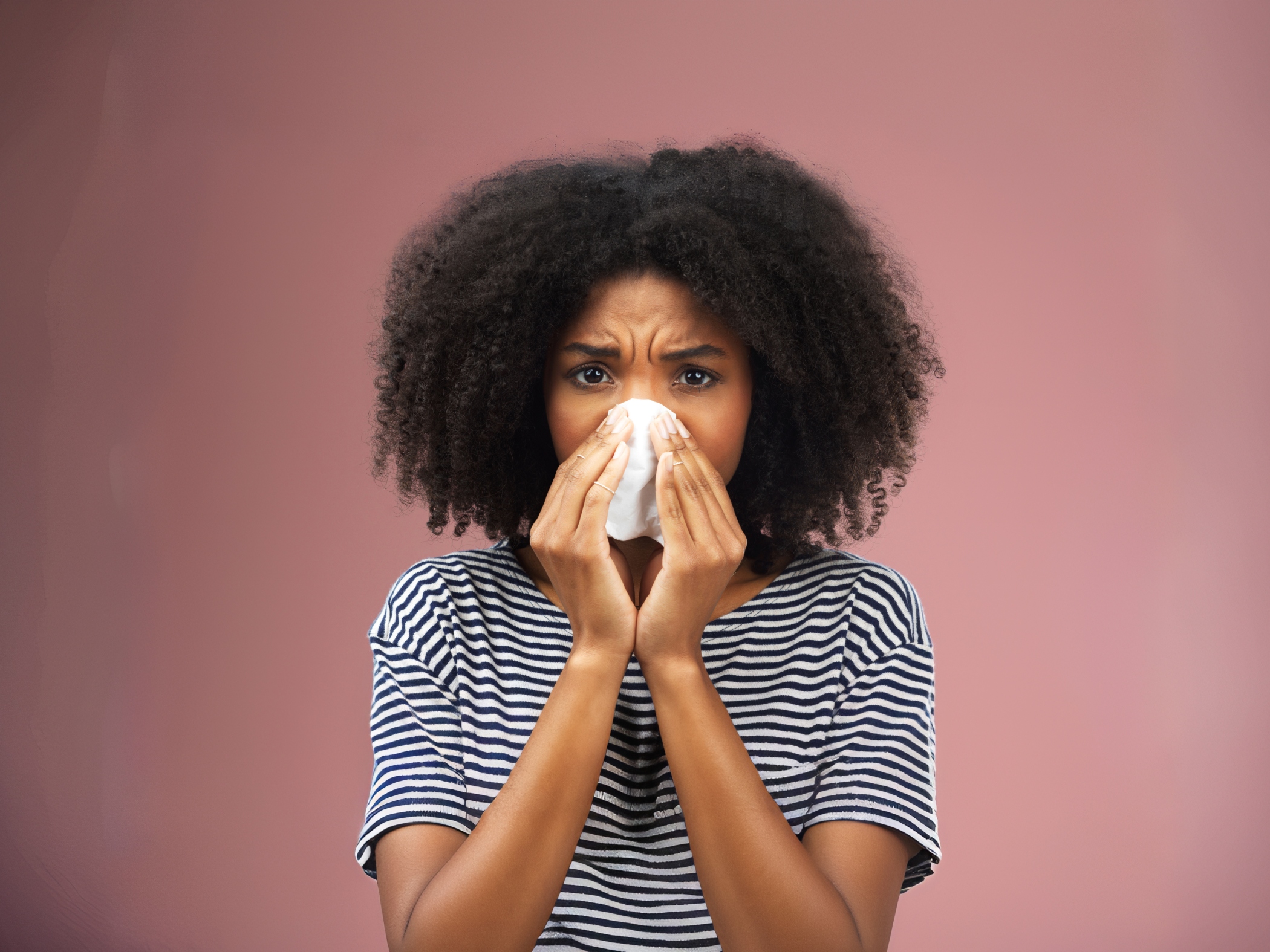Can Heat Pumps Help Fight Allergies?

If you're one of the millions of people who suffer from allergies, you know how challenging it can be to find relief from constant sniffling and sneezing, especially during certain times of the year. While there's no magic cure, creating a clean and allergen-free environment inside your home can make a big difference. That’s where heat pumps come in — a surprising ally in your fight against allergies.
How heat pumps improve indoor air quality
Air-source heat pumps provide highly efficient heating and cooling, but they can also significantly improve indoor air quality (IAQ) and reduce allergens in your home through several key features:
- Advanced air filtration: Heat pumps have advanced air filtration systems that can capture dust, pet dander, pollen and even some bacteria and viruses, providing cleaner air for you to breathe.
- Air purification technologies: Some heat pump models incorporate air purification technologies, such as ionizers or UV-C light systems, to further enhance your IAQ. These systems work to neutralize or remove airborne contaminants, including bacteria, viruses and volatile organic compounds (VOCs).
- Dehumidification: According to the Environmental Protection Agency (EPA), the best indoor relative humidity falls between 30% and 50% and should never exceed 60%. Excess moisture in your home can lead to the growth of mold spores, a common trigger for allergies and respiratory issues. Heat pumps can dehumidify the air, making your home less conducive to mold growth and dust mites.
- Ductless options: Some heat pumps, like mini-split systems, don’t require ductwork, eliminating a common source of allergen build-up and recirculation. This feature alone can make a significant difference in reducing indoor allergens.
Maintaining your heat pump for optimal air quality
To ensure your heat pump provides these benefits, regular maintenance is crucial. Here are tips to keep your system in top condition:
- Replace air filters: Regularly clean or replace air filters every one to three months to guarantee efficient air circulation and filtration, especially during peak allergy seasons.
- Clean the outdoor unit: Keep the outdoor unit free from debris such as grass, leaves and branches to maintain optimal airflow and prevent the system from overworking.
- Schedule professional maintenance: Once a year, schedule professional maintenance to look for refrigerant leaks, clean the coils and ensure all components are in good working condition.
- Install a smart thermostat: Consider installing a smart thermostat to optimize your heat pump's operation and reduce energy consumption.
Ready to reduce your energy bills and create a healthier home environment? Invest in an ENERGY STAR®-certified air-source heat pump. ENERGY STAR units are independently tested to provide optimal efficiency and performance.
We’ve got instant discounts on heat pump water heating equipment. Find a contractor at ElectricIdeas.com/Midstream to help you get started.
Return to newsletter